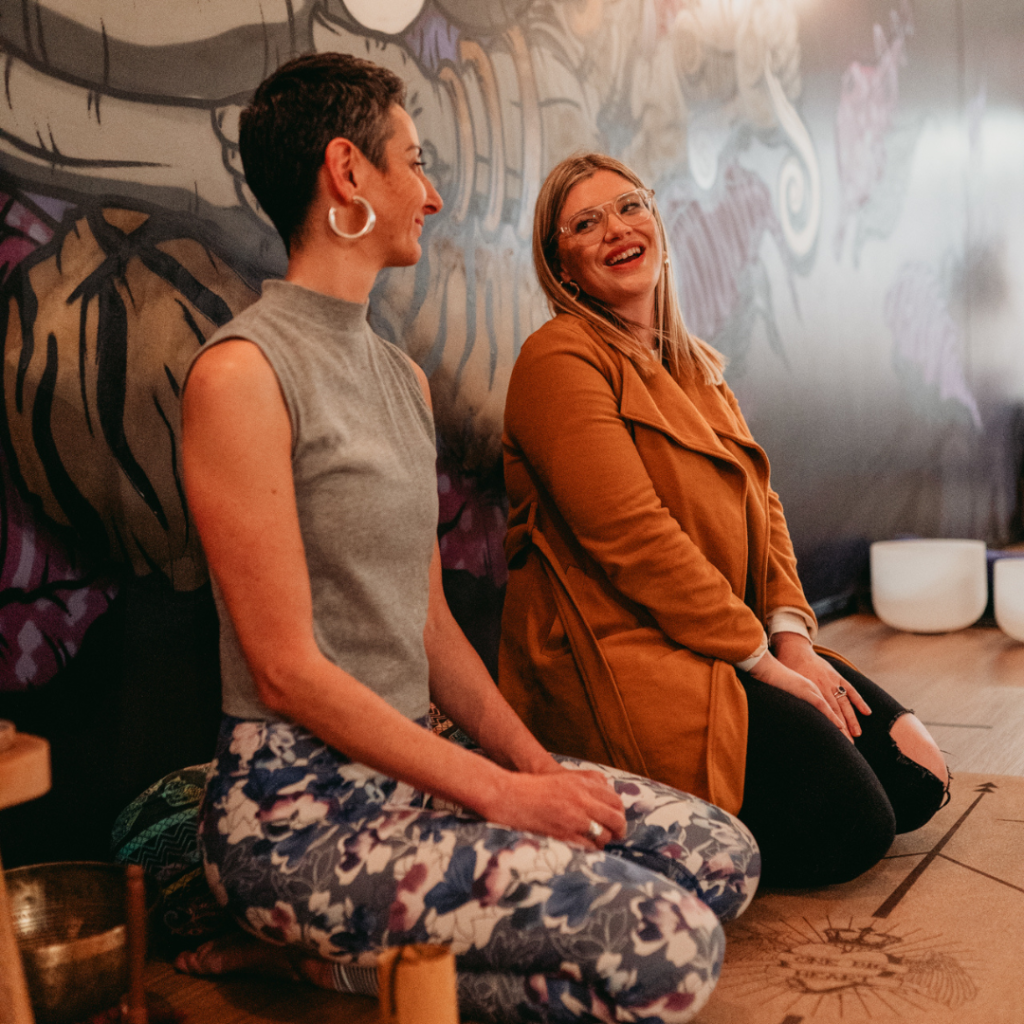Introduction
In a world where divisions often take the spotlight, the qualities of being open, welcoming, and inviting stand out as beacons of hope and connection. These traits not only enhance our personal and professional relationships but also contribute to creating a more compassionate and understanding society. In this blog post, we explore the essence of being an open person and how to cultivate a welcoming and inviting demeanor.
The Importance of Openness
Openness is more than just a pleasant personality trait; it’s a way of engaging with the world. It involves being receptive to new experiences, ideas, and people. This quality allows us to grow, learn, and connect on deeper levels.
Why It Matters
Being open, welcoming, and inviting creates a ripple effect. It encourages others to be open in return, fostering an environment of trust and mutual respect. In personal relationships, it strengthens bonds, and in professional settings, it encourages collaboration and innovation.
Cultivating Openness
Embrace Curiosity
One of the key components of being open is curiosity. Show genuine interest in others’ thoughts, feelings, and experiences. Ask questions and listen actively. This not only shows that you value others but also broadens your perspective.
Challenge Your Preconceptions
We all have preconceived notions about the world. Being open means being willing to challenge these and consider alternative viewpoints. This doesn’t imply you have to change your beliefs, but rather be willing to understand others.
Being Welcoming
The Power of Body Language
Non-verbal cues play a huge role in how welcoming we seem. Simple gestures like a smile, eye contact, or an open posture can make a significant difference in how approachable you appear.
Create Inclusive Spaces
Whether it’s your home, a community gathering, or a workplace meeting, strive to create environments where everyone feels valued and included. Pay attention to the needs of others and make efforts to accommodate them.
Being Inviting
Extend Invitations
Being inviting means taking the initiative to include others. Whether it’s inviting a new colleague for lunch or asking a neighbor to a community event, these actions can mean a lot to someone who might feel left out.
Encourage Participation
In group settings, ensure everyone has the opportunity to contribute. This could mean inviting quieter individuals into the conversation or making sure that all opinions are heard and respected.
Overcoming Barriers
Dealing with Discomfort
Being open and inviting often means stepping out of your comfort zone. It’s okay to feel uneasy initially. With practice, it becomes more natural.
Addressing Bias
We all have biases. Recognizing and addressing them is crucial in being truly open and welcoming. Commit to ongoing learning and self-reflection.
Conclusion
Being an open, welcoming, and inviting person isn’t just about being liked or creating a good impression. It’s about building meaningful connections, fostering understanding, and contributing to a more empathetic world. By practicing these qualities, we not only enrich our lives but also make the world a little brighter for those around us. Remember, every interaction is an opportunity to reflect these values. Let’s embrace openness and spread warmth and inclusivity wherever we go.


